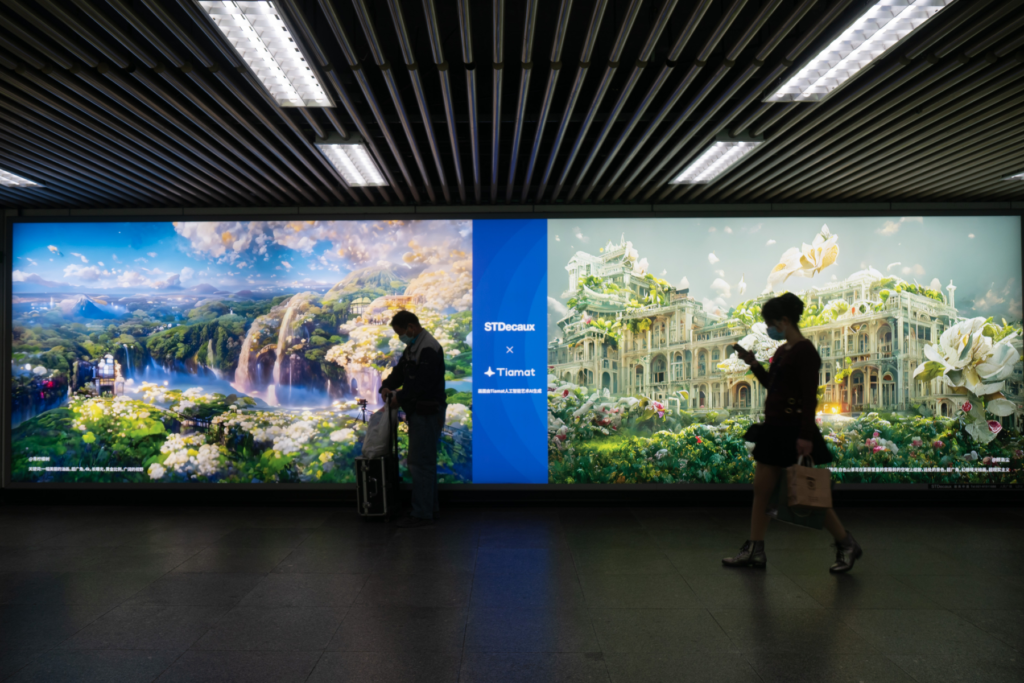Source: Reuters by Blake Brittain
If 2023 was the year that artificial intelligence changed everything, 2024 could go down as the year that U.S. copyright law changes AI.
The explosion of generative AI and the popularity of products from Microsoft-backed OpenAI, Meta Platforms, Midjourney and others led to a spate of copyright cases by writers, artists and other copyright holders who say AI has only succeeded thanks to their work.
Judges so far have been skeptical of the plaintiffs’ infringement claims based on the content generated by AI. But courts have not yet addressed the trickier, potentially multi-billion-dollar question of whether AI companies are infringing on a massive scale by training their systems with reams of images, writings and other data scraped from the internet.
Tech companies warn that the lawsuits could create giant roadblocks for the burgeoning AI industry. The plaintiffs say the companies owe them for using their work without permission or compensation.
THE CASES
Several groups of authors have filed proposed class-action lawsuits this year over the use of their text in AI training. They include writers ranging from John Grisham and “Game of Thrones” author George R.R. Martin to comedian Sarah Silverman and former Arkansas governor Mike Huckabee.
Similar lawsuits have also been filed by copyright holders including visual artists, music publishers, stock-photo provider Getty Images and the New York Times.
They all argue that tech companies infringe their copyrights by taking and reproducing their materials without permission for AI training. The plaintiffs are asking for monetary damages and for court orders blocking the misuse of their work.
THE DEFENSE
Tech companies have hired legions of lawyers from some of country’s largest law firms to fight the cases. They have defended their AI training in comments to the U.S. Copyright Office, comparing it to how humans learn new concepts and arguing that their use of the material qualifies as “fair use” under copyright law.
“Just as a child learns language (words, grammar, syntax, sentence structure) by hearing everyday speech, bedtime stories, songs on the radio, and so on, a model ‘learns’ language by being exposed — through training — to massive amounts of text,” Meta told the office.
Read full article: https://www.reuters.com/legal/litigation/how-copyright-law-could-threaten-ai-industry-2024-2024-01-02/https://www.reuters.com/legal/litigation/how-copyright-law-could-threaten-ai-industry-2024-2024-01-02/








